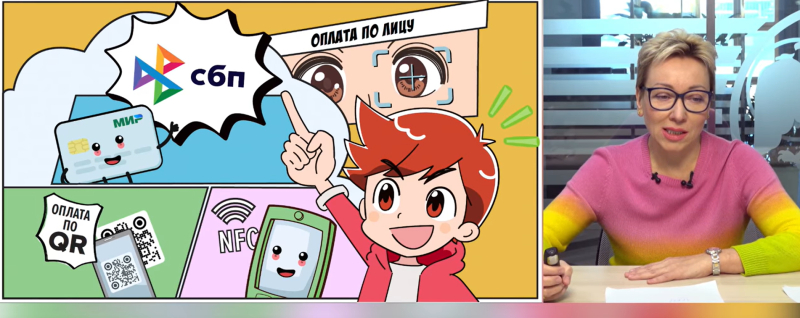Russia Could Use Digital Ruble to Evade SWIFT, Wants Foreign Banks to Use its CBDC

Russia’s Central Bank thinks its digital ruble could let citizens pay abroad without making use of the SWIFT banking platform – and wants to let foreign banks use its CBDC.
Per the Russian IT-focused media outlet CNews, the Central Bank has drafted a bill that, if passed, would allow foreign banks and credit institutions to make use of digital ruble wallets.
If lawmakers vote in favor of the bill, it will come into force on January 1, 2024.
The bank says it will create guidelines for overseas banks who wish to use digital RUB wallets.
The move, the media outlet wrote, will “help parties make cross-border payments” without the need for third parties.
The bank said that its main “goal” with the move was to grant Russian firms and banks “independence from SWIFT.”
SWIFT stands for the Society for Worldwide Interbank Financial Communications.
The platform is an international bank communications channel.
Western-led sanctions packages saw Russia’s financial industry effectively disconnected from SWIFT in 2022, creating international payments problems for Russian firms, their overseas customers, and importers.

Russia to Let Foreign Banks Use Digital Ruble?
Financial experts in Russia have been pressing for a “cross-border CBDC” in recent months.
They claim that sanctions and Russian firms’ “limited access to the SWIFT banking network” have accelerated this need.
But Russian financial leaders have been looking for SWIFT workarounds since before the outbreak of the Ukraine war.
In 2021, the head of the Parliamentary Committee on Financial Markets suggested that a digital RUB could help Moscow move away from SWIFT and help de-dollarize the domestic economy.
However, although the bill could lay the groundwork for international banks to use Russia’s CBDC, it is unlikely that the coin will be used in cross-border transactions for some time yet.

Technical details need to be ironed out before this can occur, and the relevant protocols will likely not be in place before early 2025.
The credit provider Moneyman was quoted as opining that low digital ruble awareness could cause a problem for the Central Bank’s plans.
One of its analysts stated:
“The government should carry out more extensive outreach work at various levels to raise public [CBDC] awareness.”



